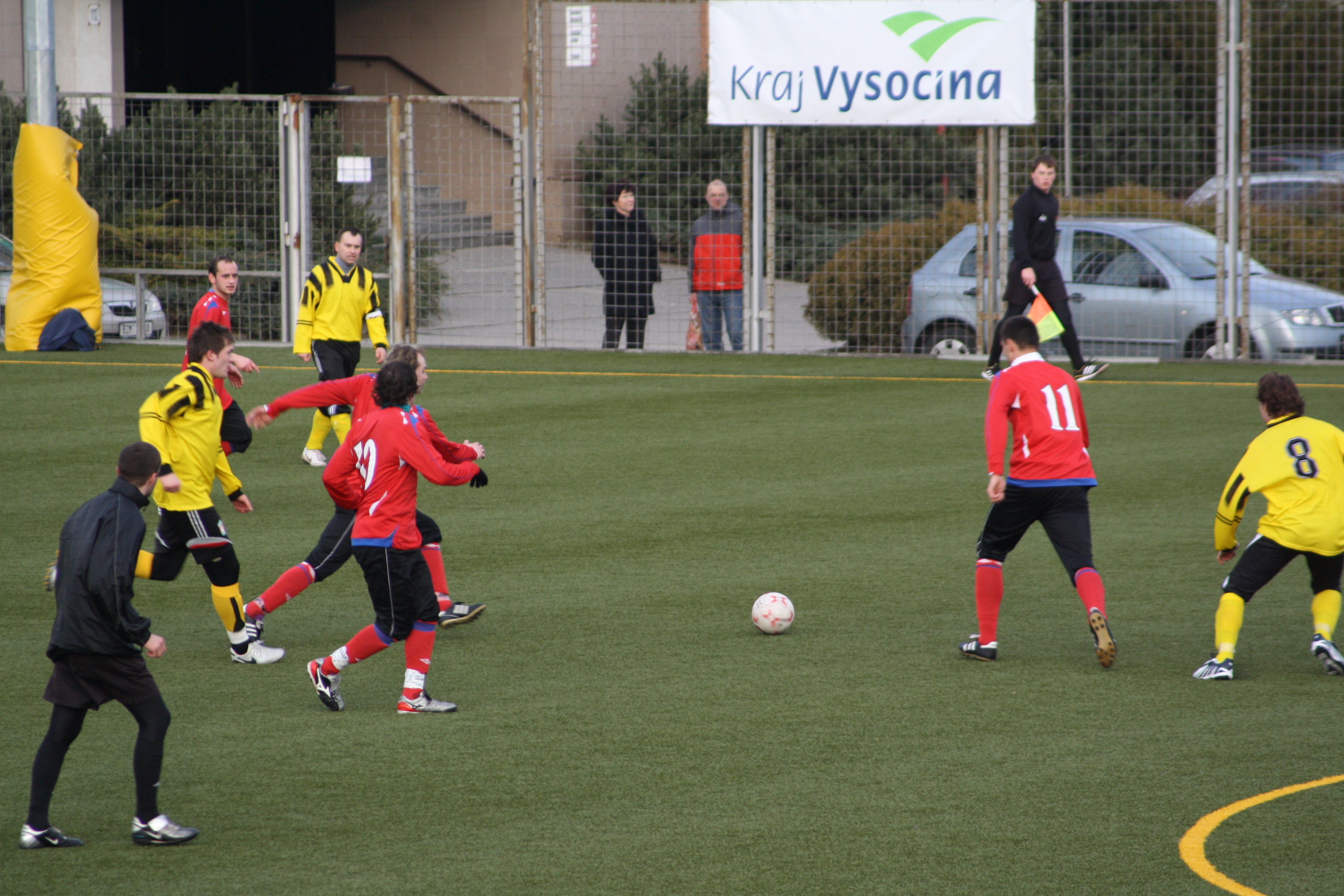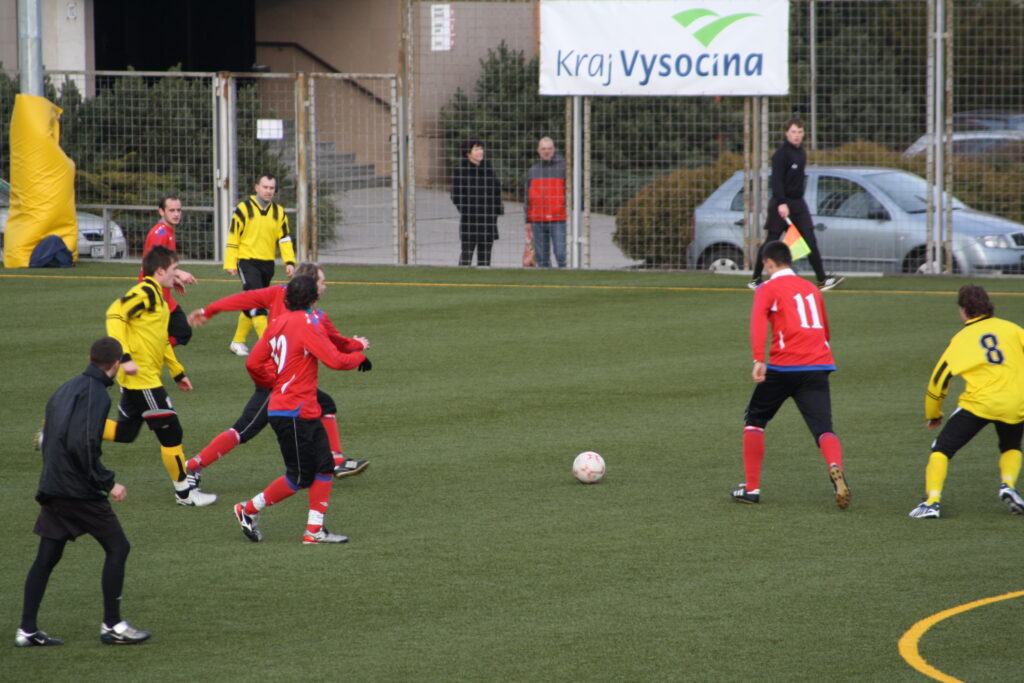Everything You Need To Know About Football’s History

What do you need to know about football, one of the world’s most popular and supported sports, in order to enjoy it? Here are a few key facts about the history of football, so you can see how the sport has evolved over time.
When And Where It All Began
Football’s beginnings can be traced back to two distinct time periods: modern history and classical history.
The History Of Football: Where And When Was It Created?
More than 100 years ago, in 1863, England was the birthplace of football as we know it today. It wasn’t long before rugby football and association football split up and the Football Association was established as the sport’s first official governing body.
However, according to history books, people have been playing football for thousands of years but not all those games would be recognised as football in the modern sense. Though each era had its own unique contributions to making the sport what it is today, they all had an impact on how it evolved. Football may never have existed today if it weren’t for the many changes that have occurred over the years.
Football’s roots can be traced back to China as far back as the third century BC, where military manuals mention a game that resembles football. Played the game called “Tsu’ Chu” during the Han Dynasty, in which a ball was kicked into a goal made of canes with a net attached. The leather and hair and feather-filled ball was used in these games.

‘Harpastum’, a game invented by the Greeks, used a smaller ball than the one used in football, but had the same rules as today’s game. The goal was for one team to get the ball over their opponent’s boundary line on a rectangular field marked by boundaries and a centre line.
We can clearly see the influence of different cultures and variations on the game we play today based on the history of ball games where the use of feet dominates.
The Global Phenomenon Of Football
In the beginning of the 19th century, public schools were the first to introduce football as a sport in the classroom. Despite the fact that the rules of the game were nearly identical, many schools would devise their own variations based on the playing fields they had available. A concrete playground was common in many schools, so they had to make do with what they had and adjust the boundaries accordingly.
As of 1982, the Football Association had 50 member clubs, eight years after being founded. The FA Cup was born in 1872, and the first championship was scheduled for 1888 at that time. Eurocentric football wasn’t yet widely accepted in Europe at this time, which helped to define football as “very British.” When England and Scotland first met in 1872, they were greeted by huge crowds for the first “international” football match.
After a slow start outside of the United Kingdom, football quickly became a worldwide phenomenon. New Zealand, Argentina, Chile, Switzerland, and Belgium formed their own football associations in 1891 and 1893, respectively. Italy followed suit in 1898, establishing its own union. In 1900, Germany and Uruguay were the leading countries. Hungary and Finland would also form alliances in the next decade.
The Foundation Of Fifa
The Football Association of International (FIFA) was founded in Paris in 1904. There were six countries in the group’s original line-up: Belgium; France; Denmark; the Netherlands; Spain; and Sweden. While serving as FIFA’s president and writing the rules of football in 1886 was Stanley Rous, he put rationality to them. A new version of these rules was introduced in 1997.
“FIFA had more than 73 members by the 1950s after World War II.””
What Is The Number Of Football Clubs?
FIFA had 208 members around the world at the end of the 2007 Congress. England alone has more than 600 football clubs, making it nearly impossible to estimate the total number of clubs worldwide. According to the numbers, there are hundreds of thousands of clubs all over the world, and that number is only going to grow in the years ahead.
- Unlocking the Secrets: How to Become a Successful YouTuber - March 17, 2024
- Unlocking the Power of Home Loan Calculators: A Comprehensive Guide - March 9, 2024
- Understanding Dementia: A Comprehensive Guide - March 7, 2024






